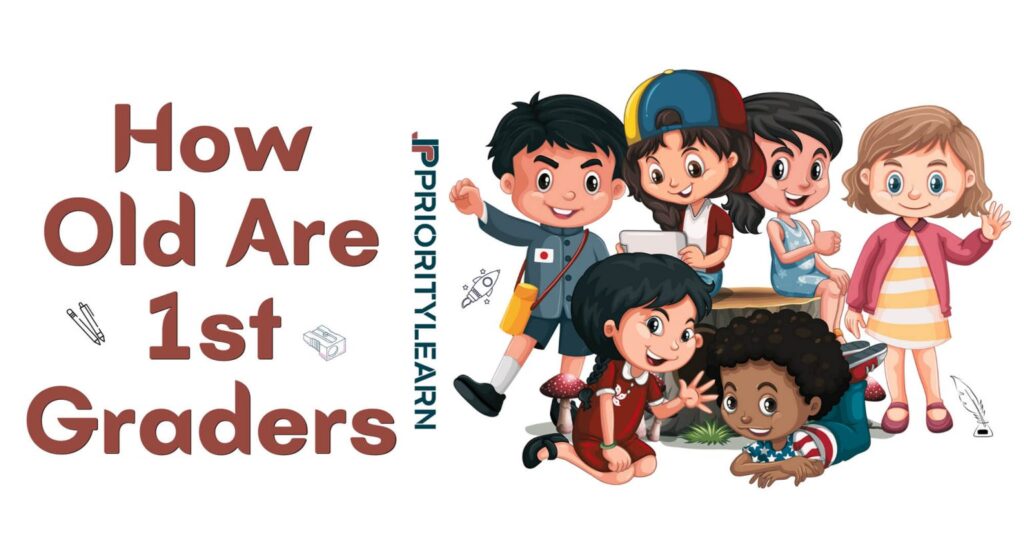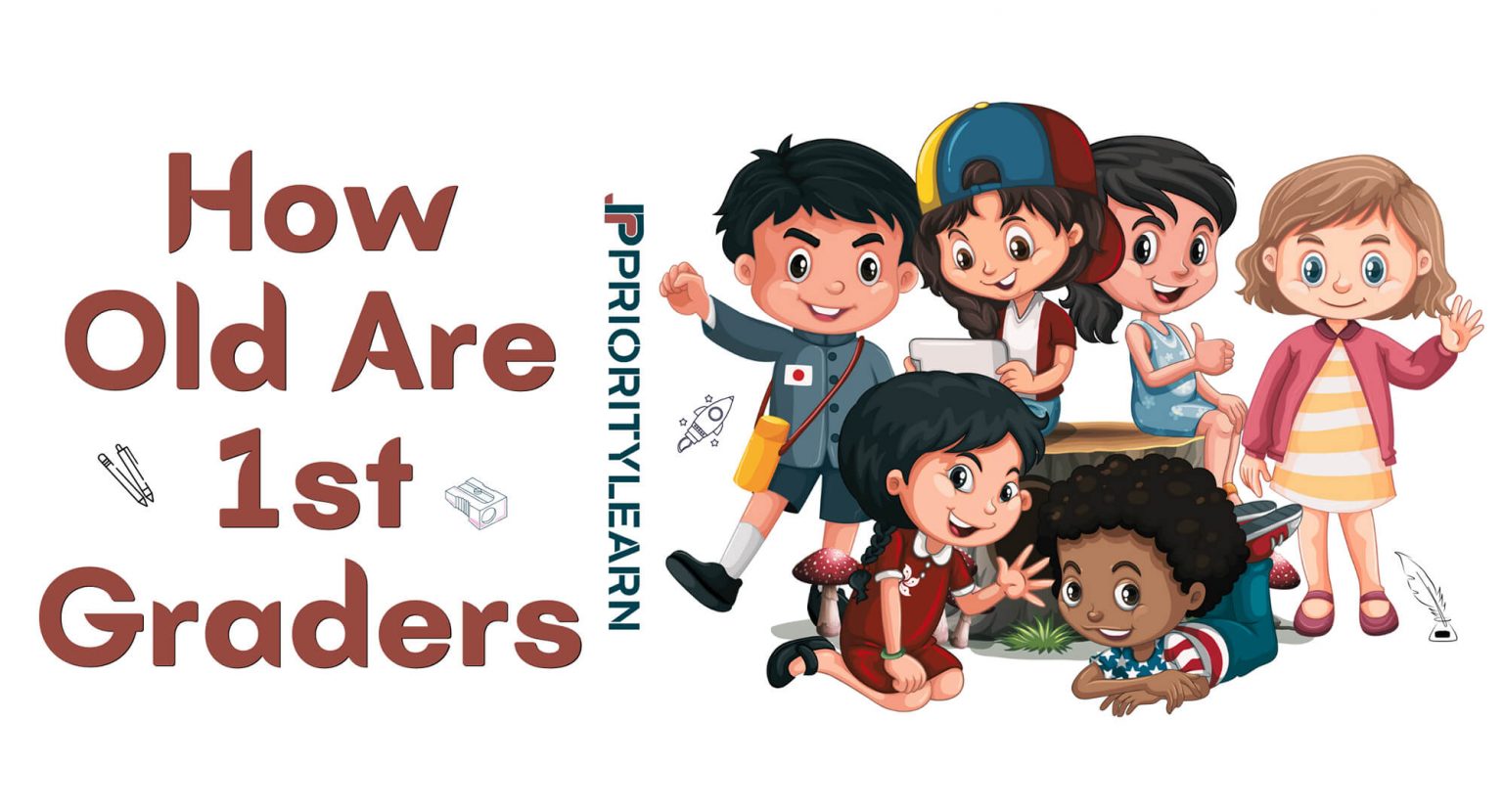
Unlocking Potential: A Comprehensive Guide to First Graders and Their Development
First grade marks a pivotal year in a child’s educational journey. It’s a time of significant cognitive, social, and emotional growth. Understanding the developmental milestones, learning styles, and potential challenges of first graders is crucial for parents, educators, and anyone involved in shaping these young minds. This comprehensive guide aims to provide insights into the world of first graders, offering practical advice and strategies to support their success.
Understanding the Cognitive Development of First Graders
Cognitive development in first graders is characterized by increased abstract thinking and problem-solving abilities. Children at this age are typically able to understand cause and effect, follow multi-step instructions, and engage in more complex reasoning. They begin to grasp the concept of time and can sequence events. Memory skills also improve, allowing them to retain and recall information more effectively.
Key cognitive milestones for first graders include:
- Developing reading fluency and comprehension.
- Mastering basic math concepts such as addition and subtraction.
- Improving writing skills, including sentence construction and spelling.
- Enhancing problem-solving abilities through puzzles and games.
- Expanding vocabulary and language skills.
To support cognitive development, parents and educators can provide first graders with opportunities for exploration and discovery. Encourage them to ask questions, experiment with new ideas, and engage in activities that stimulate their minds. Reading aloud, playing educational games, and participating in hands-on projects are all excellent ways to foster cognitive growth.
Social and Emotional Development in First Grade
Social and emotional development is just as important as cognitive development for first graders. At this age, children are learning to navigate social interactions, manage their emotions, and develop a sense of self. They are becoming more aware of the feelings of others and are beginning to develop empathy. They also learn the importance of cooperation and teamwork. [See also: Supporting Emotional Intelligence in Children]
Important social and emotional milestones for first graders include:
- Developing social skills such as sharing, taking turns, and resolving conflicts.
- Learning to manage emotions such as anger, sadness, and frustration.
- Building self-esteem and confidence.
- Developing empathy and understanding for others.
- Learning to cooperate and work effectively in groups.
To support social and emotional development, parents and educators should create a supportive and nurturing environment where first graders feel safe to express their feelings and explore their identities. Encourage them to participate in social activities, such as group games and team projects. Teach them strategies for managing their emotions, such as deep breathing and positive self-talk. Provide positive reinforcement and praise for their efforts and achievements.
Addressing Common Challenges Faced by First Graders
While first grade is an exciting time for children, it can also present some challenges. Some first graders may struggle with academic concepts, while others may have difficulty adjusting to the social demands of the classroom. Understanding these challenges and implementing strategies to address them is essential for ensuring that all first graders have the opportunity to succeed.
Common challenges faced by first graders include:
- Reading difficulties, such as dyslexia or phonological awareness deficits.
- Math difficulties, such as dyscalculia or number sense deficits.
- Attention deficits, such as ADHD.
- Anxiety or social challenges, such as shyness or bullying.
- Difficulty with fine motor skills, impacting handwriting and other tasks.
If you suspect that your child is struggling with any of these challenges, it is important to seek professional help. Early intervention can make a significant difference in a child’s long-term academic and social success. [See also: Identifying and Addressing Learning Disabilities in Children]
Strategies for Supporting First Graders at Home and in the Classroom
There are many strategies that parents and educators can use to support first graders at home and in the classroom. These strategies are designed to promote academic success, social and emotional well-being, and overall development.
Creating a Supportive Learning Environment
A supportive learning environment is essential for first graders. This includes providing a safe, nurturing, and stimulating environment where children feel comfortable taking risks, asking questions, and exploring new ideas. It also involves creating a classroom or home environment that is free from distractions and conducive to learning. This might mean providing dedicated homework space for a first grader.
Differentiated Instruction
Differentiated instruction involves tailoring instruction to meet the individual needs of each student. This means providing different levels of support, different types of activities, and different assessment methods to ensure that all first graders are challenged and engaged. For example, some first graders might benefit from hands-on activities, while others might prefer to learn through visual aids.
Positive Reinforcement
Positive reinforcement involves providing praise, encouragement, and rewards for positive behavior and academic achievement. This helps to build self-esteem, motivate students, and create a positive learning environment. It’s important to focus on effort and progress, rather than just grades or test scores. Praising a first grader’s effort in reading, even if they struggle, is essential.
Collaboration Between Parents and Educators
Collaboration between parents and educators is crucial for supporting first graders. This involves open communication, regular meetings, and a shared commitment to the child’s success. Parents and educators should work together to identify the child’s strengths and weaknesses, set goals, and implement strategies to support their development. [See also: The Importance of Parent-Teacher Communication]
The Importance of Play in First Grade
Play is not just fun; it is also an essential part of a first grader’s development. Through play, children learn to explore, experiment, and problem-solve. They develop social skills, emotional regulation, and creativity. Play also helps to build self-confidence and a sense of mastery.
Types of play that are beneficial for first graders include:
- Free play, where children can choose their own activities and playmates.
- Structured play, such as games with rules.
- Creative play, such as drawing, painting, or building.
- Outdoor play, such as running, jumping, and climbing.
Parents and educators should provide first graders with ample opportunities for play, both at home and in the classroom. This could involve setting up a designated play area, providing a variety of toys and materials, and encouraging children to engage in imaginative play.
Conclusion: Empowering First Graders for Future Success
First grade is a critical year in a child’s development, laying the foundation for future academic and social success. By understanding the cognitive, social, and emotional milestones of first graders, and by implementing effective strategies to support their development, parents and educators can empower these young learners to reach their full potential. Remember that every child is unique, and what works for one child may not work for another. The key is to be patient, supportive, and responsive to the individual needs of each first grader.
By creating a nurturing and stimulating environment, fostering positive relationships, and providing ample opportunities for learning and play, we can help first graders develop the skills, knowledge, and confidence they need to thrive in school and in life. Investing in the education and well-being of first graders is an investment in the future.

